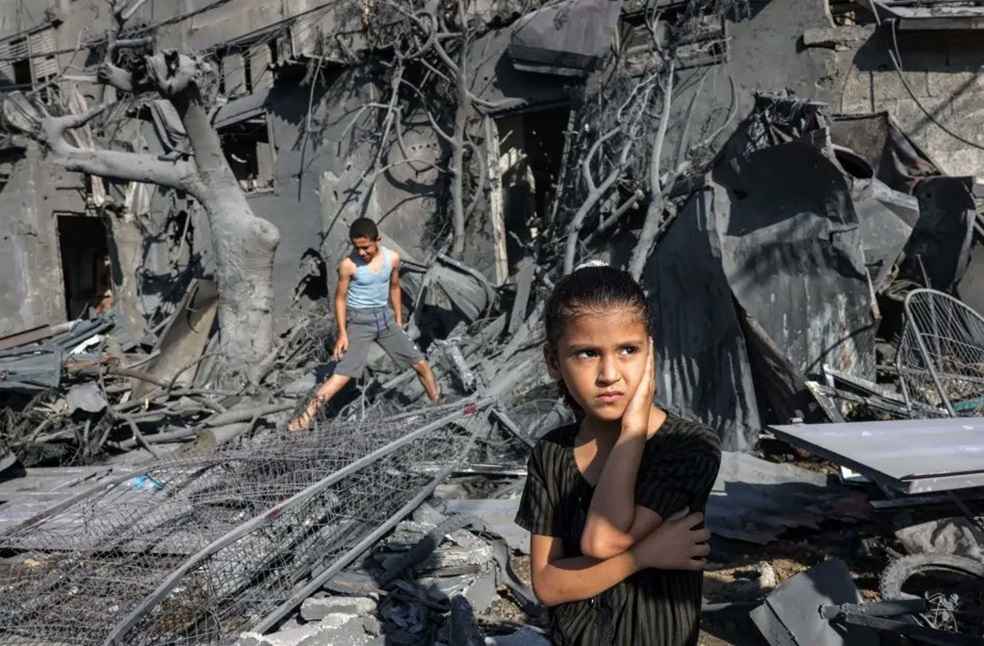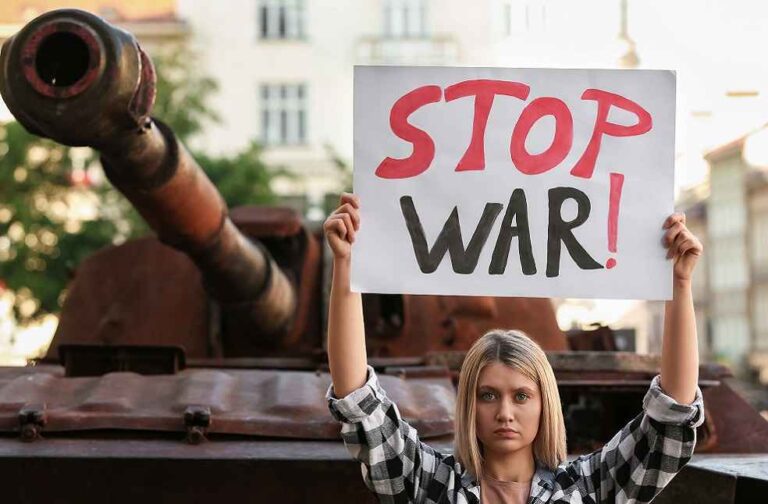The ongoing delay in Iran’s retaliation against Israel for the assassination of Hamas leader Ismail Haniyeh has become a source of cautious relief for many in the international community. Despite Iran’s initial vow to avenge Haniyeh’s death, nearly a month has passed without any significant action, prompting both analysts and global leaders to reassess Tehran’s strategy and intentions.
Haniyeh, a key figure in the Palestinian resistance, was killed on July 31 during a visit to Tehran. His assassination led to widespread speculation that an Iranian attack on Israel was imminent. However, as time has passed without a retaliatory strike, the international community has found a measure of reassurance in this delay, especially given the numerous crises currently affecting global stability.
Statements from the Islamic Revolutionary Guard Corps (IRGC) have added to the uncertainty, suggesting that Iran’s response could take time. This prolonged delay contrasts sharply with Iran’s previous actions, such as its swift response to an Israeli strike on its consulate in Damascus earlier this year. Analysts suggest that Iran’s hesitation is rooted in a complex mix of strategic calculations.
One of the primary concerns for Tehran is the potential fallout from a powerful Israeli response, which could escalate into a broader conflict involving the United States. The increased presence of US military assets in the region has likely influenced Iran’s decision to proceed with caution. This measured approach reflects Tehran’s desire to avoid triggering a conflict that could spiral out of control, particularly at a time when the world is already dealing with multiple severe crises.

Moreover, Iran’s leadership is likely weighing the broader geopolitical implications of any military action. With ongoing ceasefire negotiations between Israel and Hamas and the upcoming US presidential election, Tehran may be wary of taking steps that could disrupt these delicate situations. The Iranian regime, which seeks to avoid emboldening a more hawkish US administration, appears to be prioritizing diplomatic considerations over immediate retaliation.
The global community has observed these developments with a mix of relief and caution. The delay in Iran’s retaliation, while reassuring in the short term, also highlights the precarious balance of power in the region. As world leaders continue to navigate through various crises, the restraint shown by Tehran offers a temporary reprieve from further instability.
In conclusion, while the delay in Iran’s retaliation may be a sign of strategic prudence, it also underscores the complexity of the current geopolitical landscape. The international community, already burdened by multiple conflicts, finds a measure of reassurance in the avoidance of further escalation. However, as the situation remains fluid, global powers must remain vigilant, prepared for any potential developments in the weeks and months ahead.
TRENDING | Starmer cancels Sunak’s £40m helicopter deal



